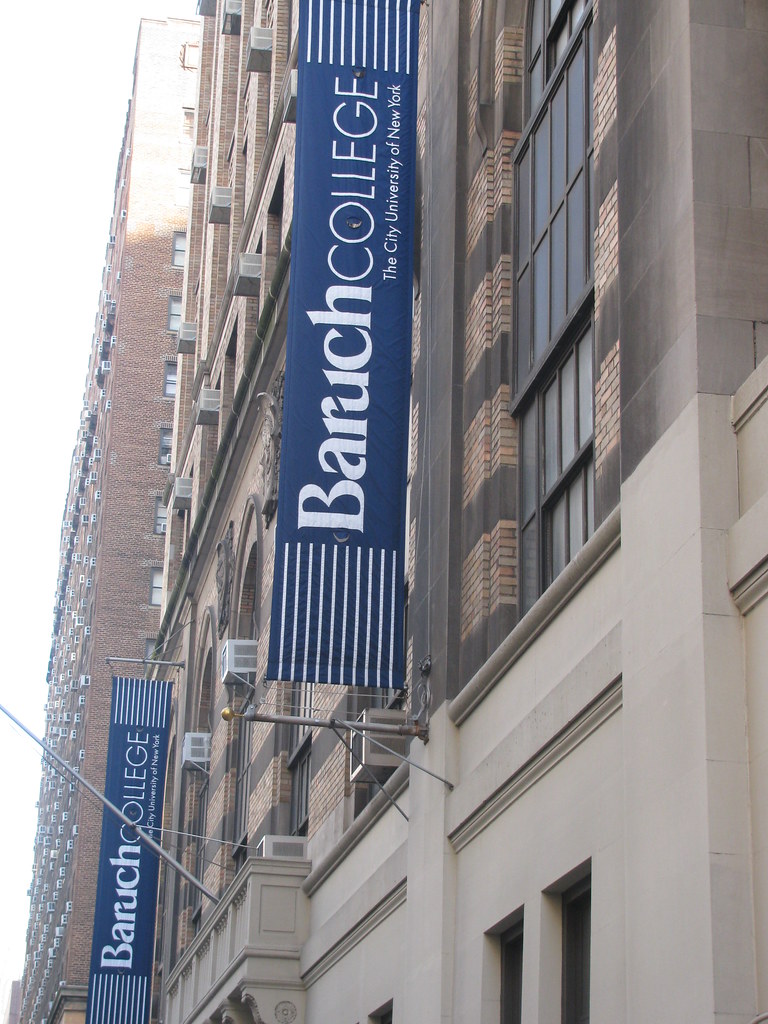Baruch College alumni face prevailing unemployment as job growth in New York City slows. To support its graduates, Baruch College should revise its policies to better accommodate those seeking employment.
The Baruch graduate employment rate has plummeted from 94% in 2022 to almost 80% in 2024, and the unemployment rate increased from just 4.42% in 2022 to a staggering 17.61% in 2023. The proportion of Baruch graduates per year not seeking employment has remained relatively stagnant.
A 2024 post-graduate outcome report from 2024 by the Starr Career Development Center revealed that 23% of graduating students plan to attend or were attending graduate school.
The report also showed the full-time average salary for graduates of the Zicklin School of Business, the Weissman School of Arts and Sciences and the Marxe School of Public and International Affairs from 2022 to 2024. The average salary for Weissman graduates generally increased, while the salary for Zicklin graduates saw an increase and fluctuation.
Marxe graduates saw a decline in average full-time salary. The overall full-time average salary also declined from 2023 to 2024.
According to The New York Times, NYC employers added fewer than 1,000 private sector jobs in the first half of this year, as opposed to 66,000 jobs during the same period last year.
Slowed job growth is prevalent nationwide due to President Donald Trump’s economic policies. The national unemployment rate currently sits at 4.2%, according to the Federal Reserve. NYC’s unemployment rate is 4.7%.
“When you see this economic stagnation and rents continuing to go up even though incomes aren’t going up, it’s a sign that things are really hitting the tipping point,” Emily Eisner, chief economist at the Fiscal Policy Institute told The New York Times.
Baruch alumni can use resources from the SCDC for career transitions and guidance. For alumni who are changing careers, the SCDC provides career consultations, including career seminars and video mock interviews.
Alumni who graduated from Baruch at least six months ago and wish to receive career counseling, seminars or vocational testing must pay fees for the services. This can be a barrier for recent graduates who are desperate to find a job and are already financially strapped.
In response to the rise in unemployment of Baruch alumni, the SCDC should extend the fee-exemption period from six months to 12 months.
This would allow alumni in more competitive industries with more additional time to strengthen their resumes and interview skills without the burden of paying fees to use the SCDC’s services.
In addition to the SCDC’s resources and Handshake, current Baruch students can utilize CUNY Career Launch and CUNY Spring Forward to gain valuable internship and job experience.
Students can also attend the upcoming virtual undergraduate job and internship fair on Sept. 26.






